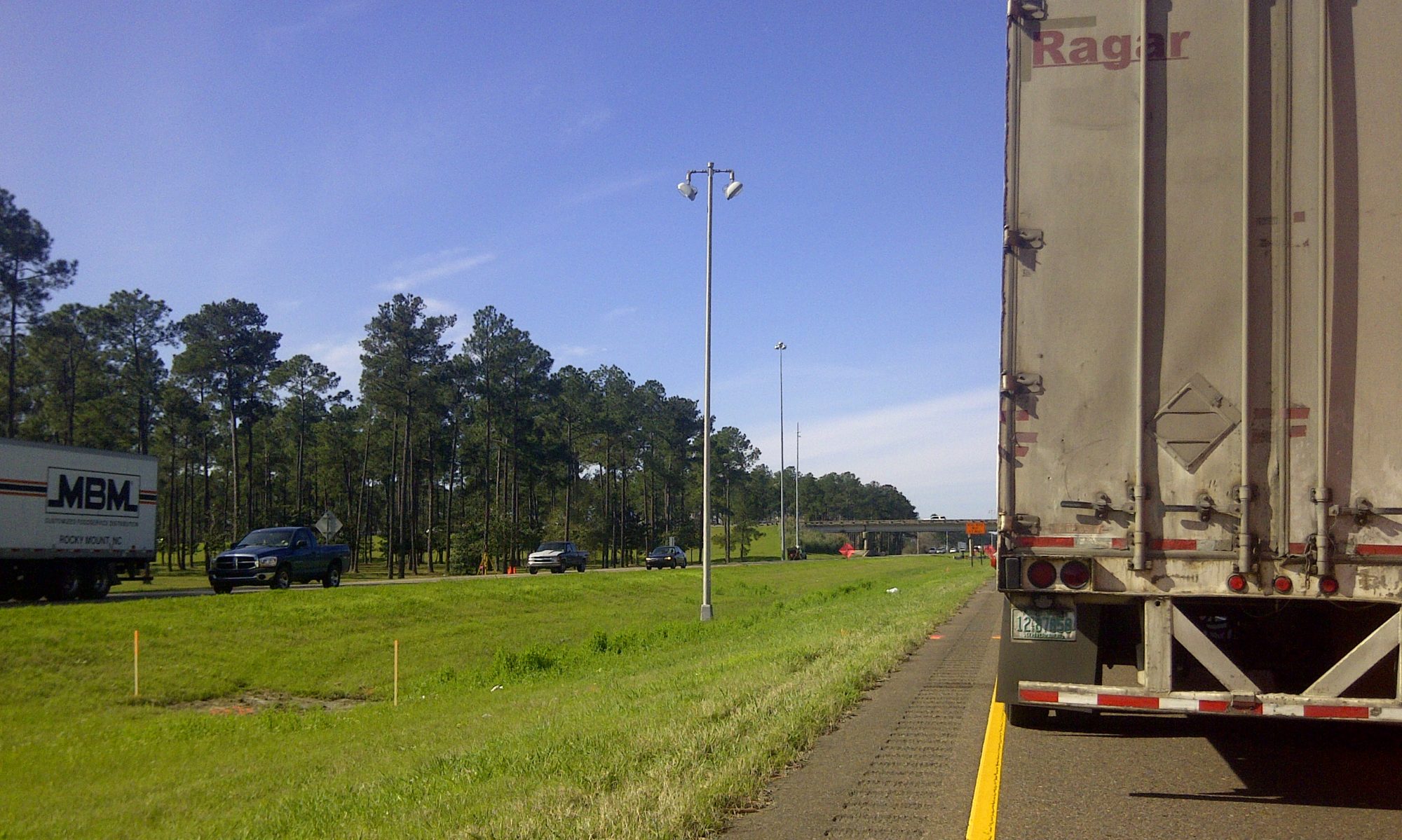While I am not a medieval scribe, I have occasionally written or contributed to a journal article, book chapter, or presented in an academic setting over the past thirty years. As such, information regarding my “academic writings”, are scattered to the four winds as I never thought I would be working on a Ph.D. As such, I spent the past few weeks assembling the materials to prove that I am competent and to get my doctoral points approved.
To do this, I started organizing my “academic writings”. Initially, I turned to Google Scholar, which searched a lot of publications, many of which I would not call scholarly, such as my writings while at Institute for Trade and Transportation Studies, such as blog posts, working papers, newsletters, and general reports. Most of my articles and academic writings were posted correctly.
I then discovered ResearchGate and created a similar account. Many of the same listings were there, in addition to a few more. (Again, there is no distinction between peer-reviewed articles, presentations, working papers, etc., so these are not necessarily academic writings. I created a Scopus Account, which did focus on academic writing; however, I had to request Scopus to correctly link some articles to my account, which they did when asked.
Finally, I set up an ORCID account, documenting my academic writing in yet another format. I did link this to my Antwerp Student account. (I also need to make sure ORCID is linked to the review work at TRB, something I failed to do in the past. Also, I probably should be reviewing more peer reviewed documents, as these are a great source of understanding current thinking on a topic!)
What did I learn in the process? Not all things are considered academic, nor are all things captured accurately. (And there are a few Bruce Lamberts who have published academic articles!) Some papers have been lost to the sands of time, but it is nice to see that others remember some of what one accomplished over the years.


